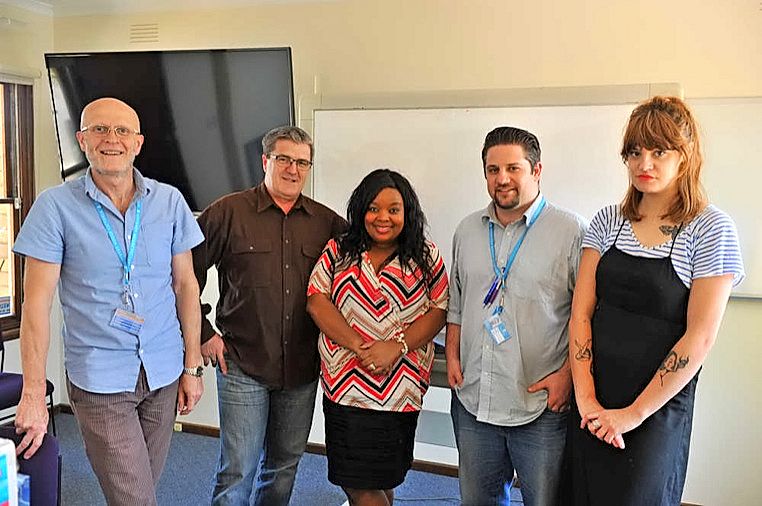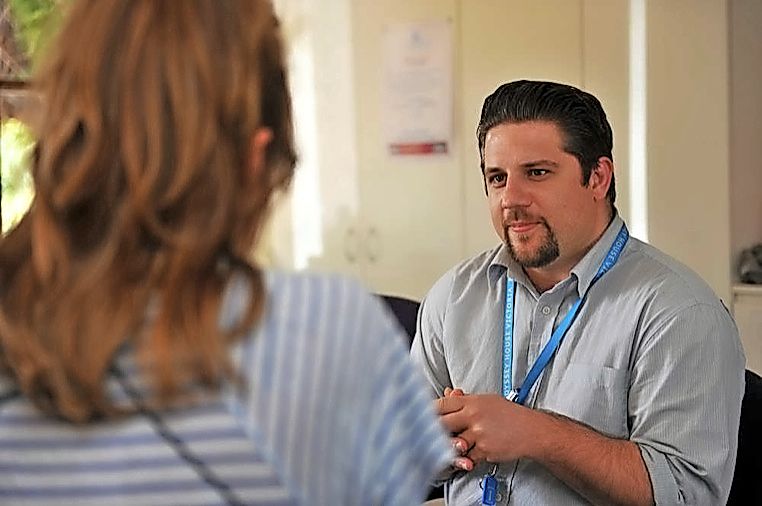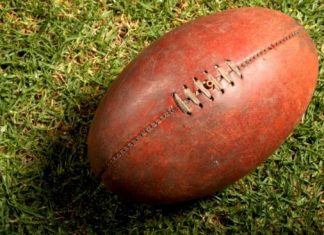
As the drug ice continues to impact on lives across the western suburbs, a new program service the problem at Werribee.
Odyssey House is offering a therapeutic day rehabilitation program that gives users an intensive, structured program of drug treatment. The non-residential program takes a similar approach to residential rehabilitation programs and includes counselling and activities designed to build life skills and promote wellbeing.
Odyssey’s south-west manager Victor Bilous said typical western suburbs ice users were different to those in the inner city, and the new program took this into account.
“Three-quarters of users in the west are still engaged with their family so it’s important that our approach is family-sensitive,” he said. “Here, the ice user is more typically employed.
“Research indicates that there is higher use among people working in certain industries that require long hours, like distribution and warehousing.
“Ice doesn’t just affect young people; it doesn’t discriminate. Users could be the neighbour down the street or an average mum or dad.”
Mr Bilous said one of the benefits of the five-week program was that connections with family, friends and the community could be maintained while the person was being treated.

CASE MANAGER ANDREW WILSON
He said by operating out of AngliCare, families, in particular, could provide real support for someone recovering from addiction.
“They aren’t removed from their normal lives; they can still go home to their families at night. We aim to give clients an experience, not just information. It’s a non-judgemental approach,” Mr Bilous said.
“We aim to bring out their strengths through our peer support recovery model. We create a safe place where people can share their stories, experiences and struggles. Through sharing, the group develops their own toolbox of skills.
“We create that sense of being understood. We don’t approach it as ‘you’re the problem, and we’re the experts’,” he said.
ENGAGEMENT IS KEY
The program also encourages participants to engage in their local communities and find pleasure and connection in activities they wouldn’t normally participate in.
“Whether that’s doing yoga, going to the gym, visiting Aquapulse – it’s about giving them that buzz out of life they wouldn’t normally get. We get them involved in all sorts of activities to maximise their non-use and get that extra lift out of life,” Mr Bilous said.
After graduating from the program, participants remain engaged through a post- program support group.
The program is also available for people addicted to alcohol and other drugs, and was made possible by funding from the state government’s Ice Action Plan. There are plans to launch it in Melton early next year.
Werribee MP Tim Pallas said the program provided people with the support needed to address drug use, while keeping up vital links with work, home and family.
For more information on the program, phone 9731 2500.
Number of people across Wyndham treated by drug services for meth/amphetamines:
2013-14: 403
2012-13: 301
2011-12: 231
2010-11: 113
2009-10: 56
Source: AOD stats by Turning Point







